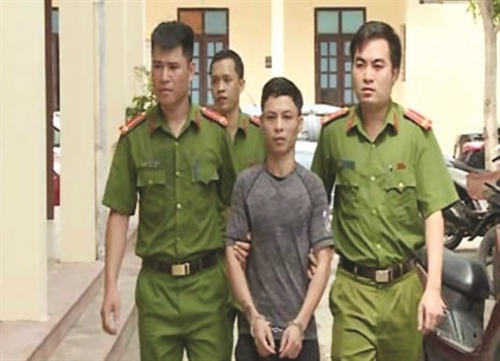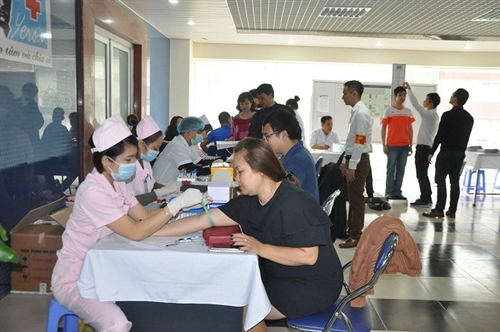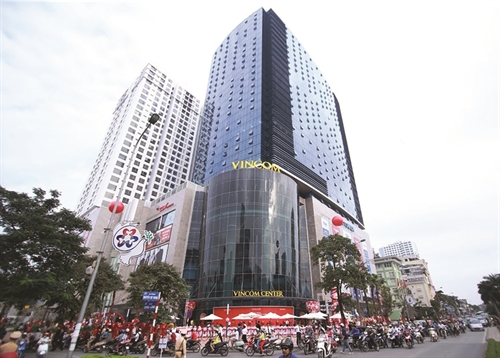Members of the National Assembly Standing Committee on September 13 discussed draft amendments to the 2010 Law on Execution of Criminal Judgments, focusing on implementation of criminal sentences and judicial measures imposed on commercial legal entities and the conditional early release policy.
Compared to the 2010 Law on Execution of Criminal Judgments, the draft expands scope of regulation to cover also execution of decisions on conditional early release and judgments or decisions on criminal sentences and judicial measures imposed on convicted commercial legal entities. It also specifies rights and obligations of convicted commercial legal entities when serving criminal sentences or judicial measures.
Under the draft, sentence-serving commercial legal entity is defined as a commercial legal entity that is convicted and subject to a penalty under a legally effective judgment.
Penalties applicable to commercial legal entities include fixed-term suspension from operation, permanent suspension from operation, prohibition from doing business or operating in certain fields, and prohibition from raising capital.
In order to ensure the consistency in the criminal justice system, the draft assigns criminal judgment execution management agencies under the Ministry of Public Security and Ministry of National Defense to manage the execution of criminal judgments against commercial legal entities. Meanwhile, the task of organizing the execution would be allocated to criminal judgment execution bodies of provincial public security departments and military zones. Besides, other state agencies, including those competent to license, register or approve the operation of commercial legal entities and related specialized state management agencies, may also take part in the execution of criminal judgments against commercial legal entities under court decisions.
Regarding conditional early release, the draft says that consideration and selection of prisoners eligible for conditional early release would be conducted thrice a year (at the end of the first quarter, the second quarter and the year). Additionally, in order to facilitate the implementation of this policy, the draft specifies responsibilities of detention camps, local administrations and public security agencies for implementing conditional early release decisions; obligations and management of prisoners eligible for early release; handling of prisoners who violate their commitments or law after being granted early release.
Worthy of note, the draft adds a new article on the rights and obligations of prisoners, which is designed to concretize the 2013 Constitution’s provisions on human rights and citizen’s rights. Accordingly, prisoners would have the right to protection of the safety of life, body and property and respect for honor and dignity. They would also be entitled to lodge complaints and denunciations, meet and contact their relatives, lawful representatives, and consular officers. If not subject to restrictions under law, prisoners would also be entitled to enjoy other citizens’ rights, except those which cannot be exercised while prisoners are serving imprisonment sentences.- (VLLF)









